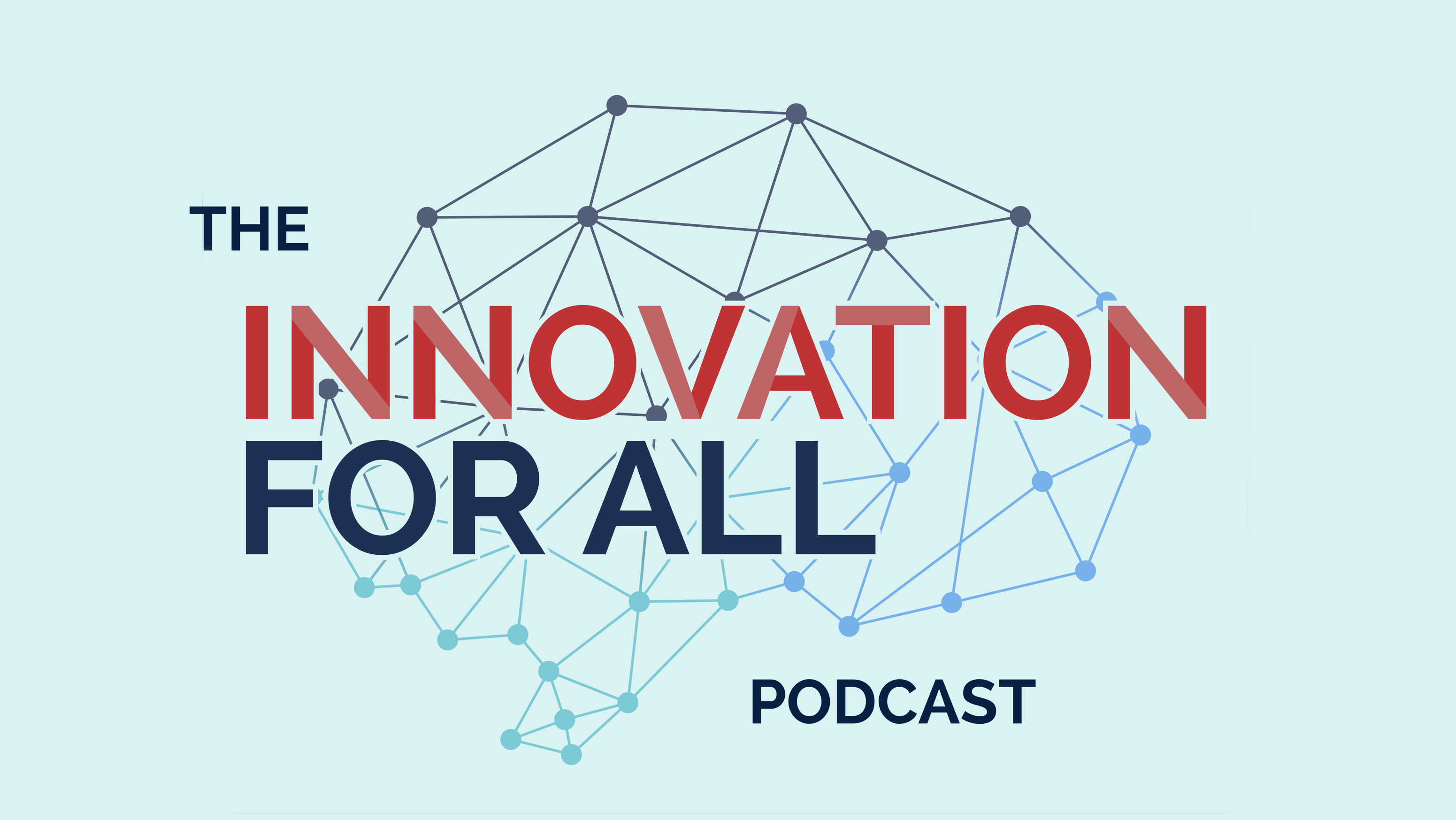Have you ever considered that big tech is not one monopoly but… five monopolies instead? That Netflix, Google, Facebook and Airbnb are not part of a disrupting ‘tech industry’ but… companies that are simply using tech to disrupt their own industries?
In this episode of the Innovation For All Podcast, Sheana Ahlqvist talks to Amanda Lotz, an author, podcaster and professor in the media industry. They discuss why big tech is not actually a monopoly, the different business models these tech companies implement, and how we should encourage these companies to be more transparent.
IN THIS EPISODE YOU’LL HEAR:
? Is big tech really a monopoly?
? Is the big tech monolith a force for good or bad?
? Why are these companies not actual competitors?
? Why is it more beneficial for these companies to compete against each other?
? What are the benefits of monopolisation?
? How should we deal with a company like Google?
? What are the differences between Netflix and Disney?
? How can we define a media industry?
? Is Netflix a media company?
? How can we encourage companies to be more transparent?
Sheana and Amanda also talk about the actual business model of these huge tech companies. Google primarily relies on advertising. Their trick – you get the ads for what you were already searching for. Apple mostly makes money from selling products. Amazon also sells products, but they focus on subscription based income through Amazon Prime. This is actually very different to Netflix, which Amanda explains is an actual media company that has completely disrupted the industry. How? Because Netflix produces and distributes at the same time. Netflix also has a huge amount of data on its users, allowing them to tailor their movies to a user’s specific preferences.
Comparing these business models is fascinating and very interesting to analyse – we see why monopolies can actually be a force for good, what we can expect from them in the future, and why the number one thing they need to focus on is transparency.
LINKS
OTHERS MENTIONED
CONNECT WITH AMANDA
Like this:
Like Loading...
